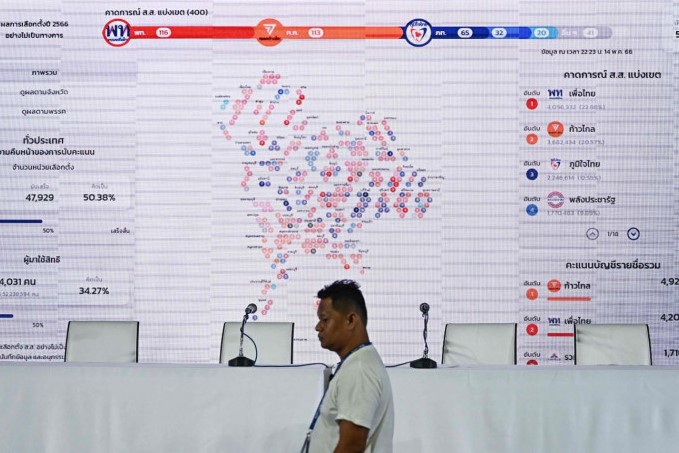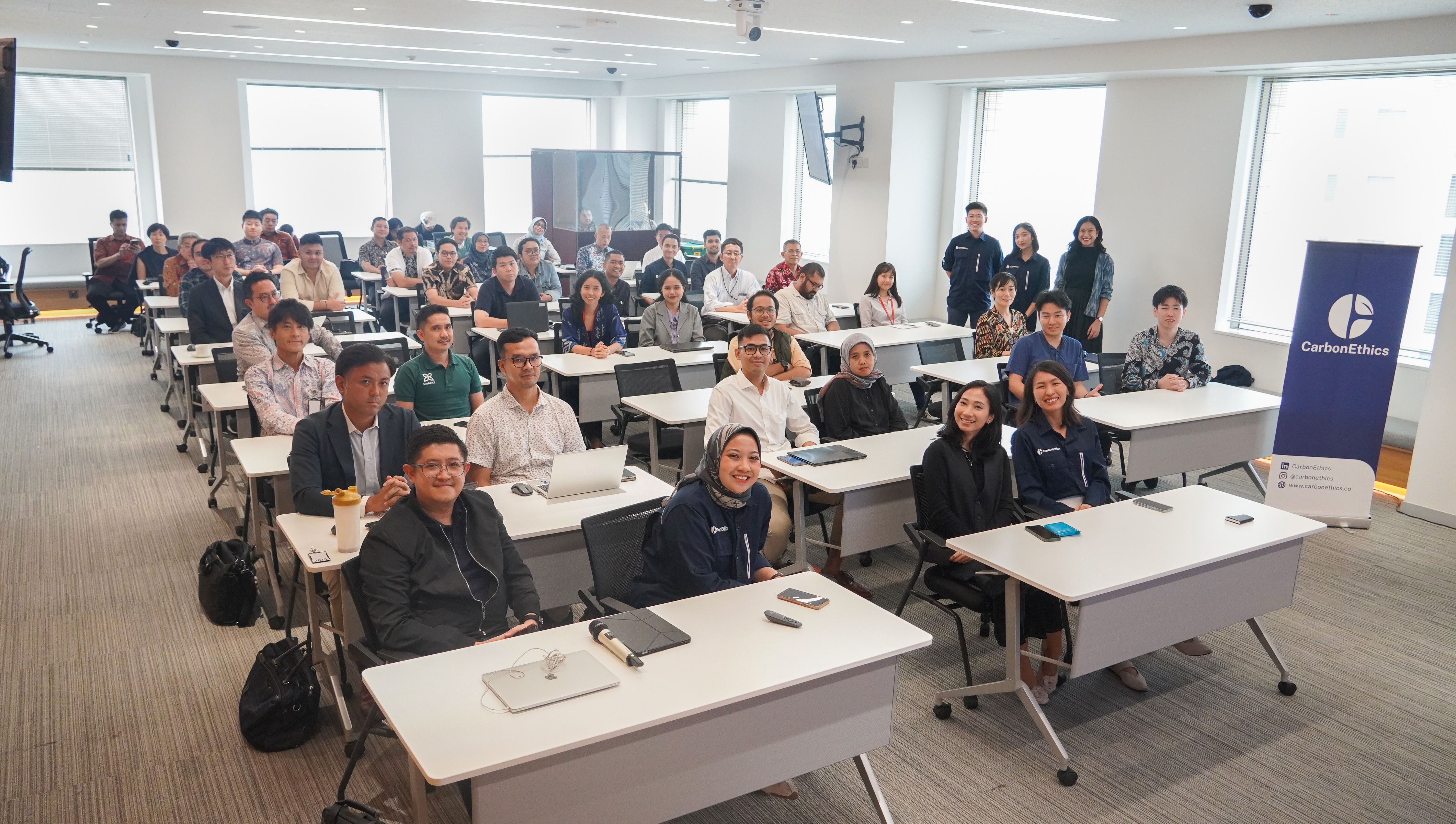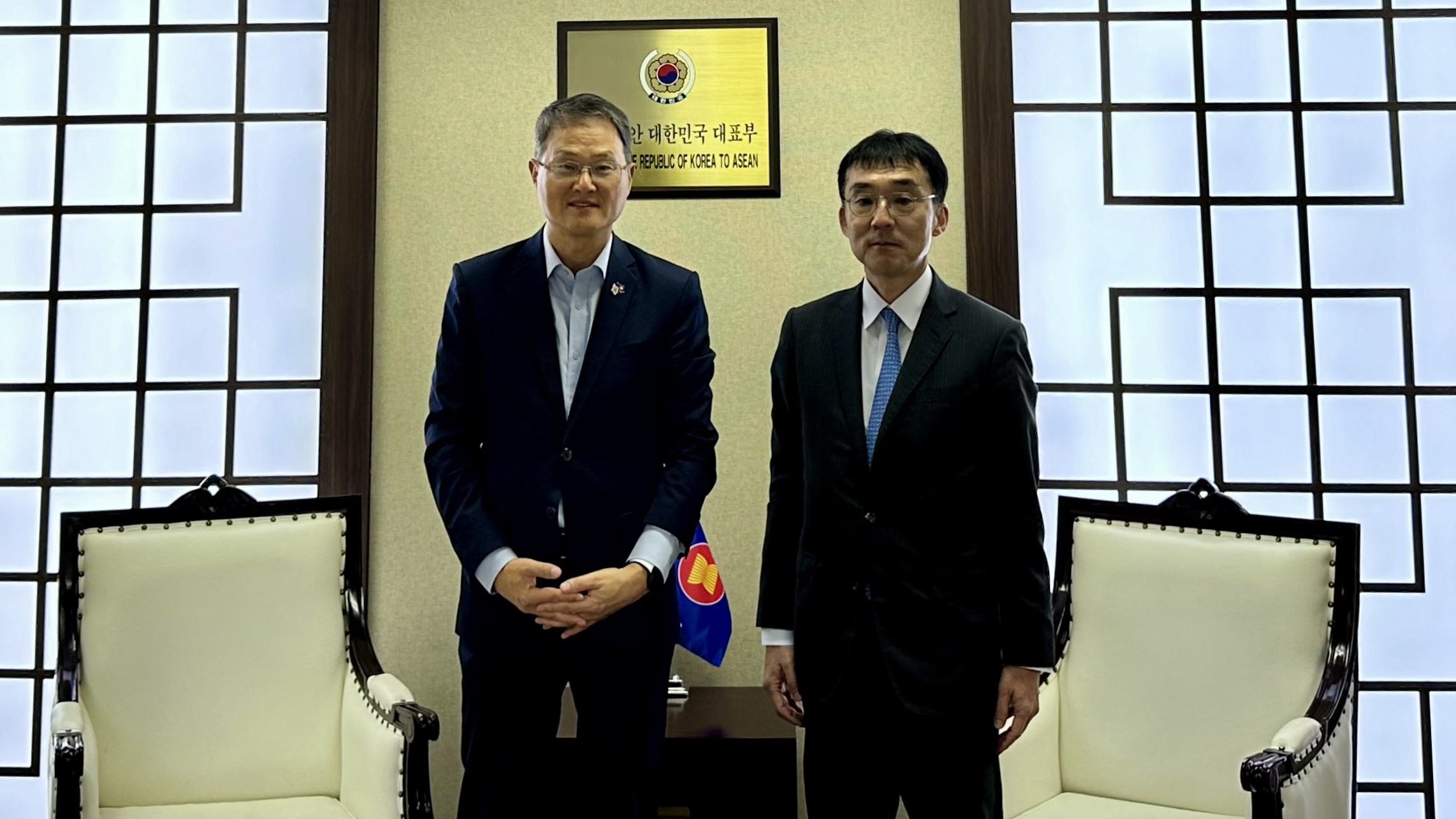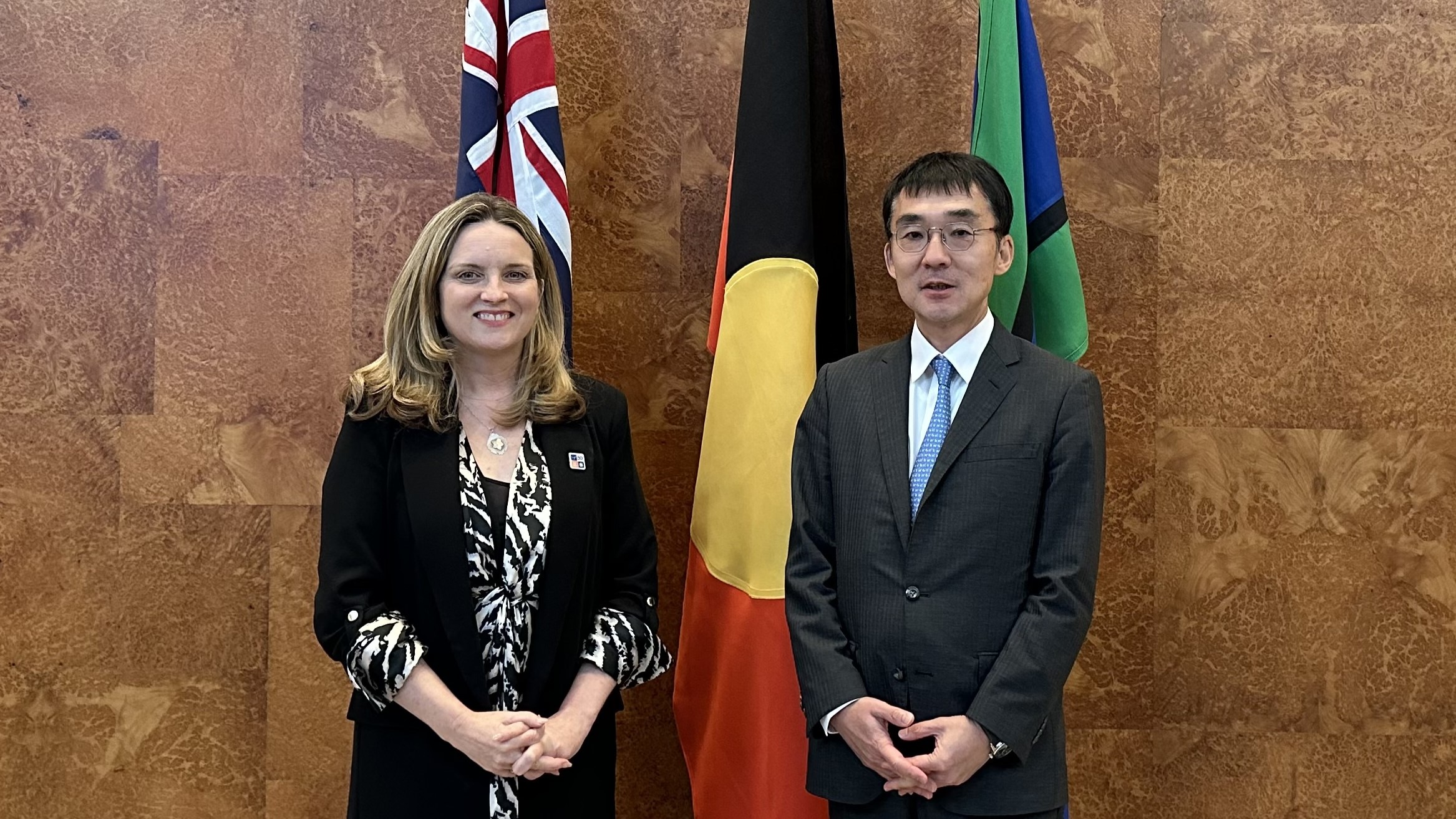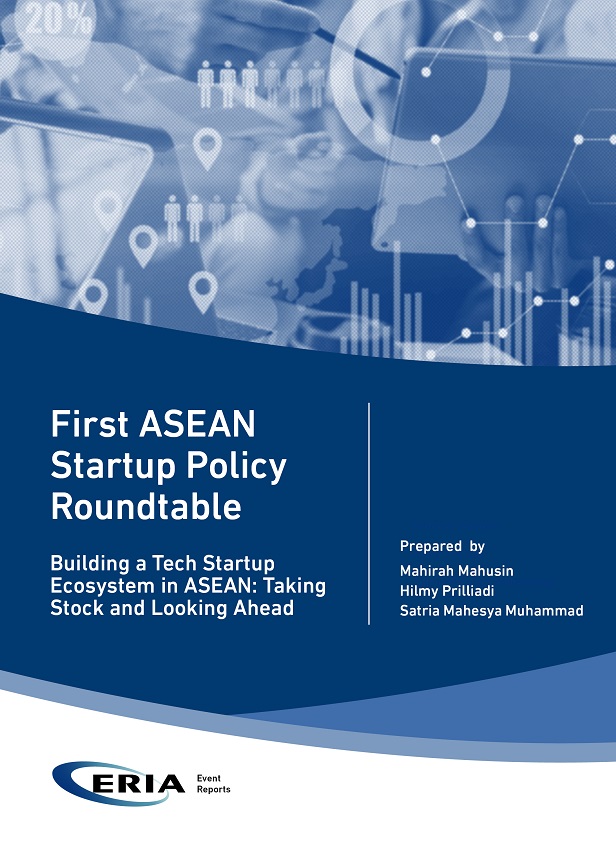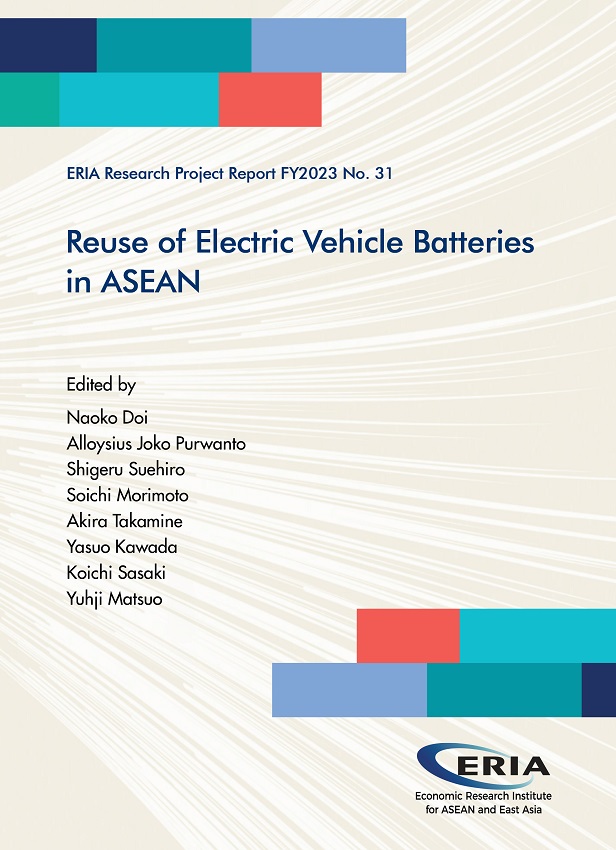Diplomacy a Very Different Ball Game
Date:
16 May 2023Category:
OpinionsTopics:
-Share Article:
Print Article:
By Mr Kavi Chongkittavorn, Senior Communications Advisor: With the election now over, a new government can be expected to emerge fairly soon. The time is, therefore, right to discuss the trajectory of Thai foreign policy in the coming months, always assuming that there is a need to do so to keep up with the rapidly changing international landscape.
One caveat is in order here: we should not expect a Midas touch for the country's external relations despite the hyperbole and wishful thinking trotted out by many political party leaders, as well as pundits and academics ahead of the poll. We suddenly saw quite a few parties conjure up new foreign policies out of the popular global imagination. Sad but true, these are easier said than done when it comes to the art of diplomacy, which is a complicated and unpredictable affair.
Indeed, the country's diplomacy will continue without major changes although newly elected politicians could make their voices heard on certain issues, in particular those related to the East-West divide, the United States-China rivalry and the Myanmar crisis. Obviously, the younger generation would like to see Thailand jump on the Western bandwagon on trending issues, including democracy and other liberal norms and values. In contrast, the older generation, aka the baby boomers, would prefer stability, predictability and non-partisanship. In fact, the latter's pathway has enabled Thailand's multidimensional diplomacy to flourish and bear fruit.
Given the external post-election environment, there are key reasons why the country's foreign policy will not face any volatility. First of all, whichever parties form the next administration, they should accept that the country's national interests have been well protected and preserved. Truth be told, the outgoing administration has been quite active in conducting external relations, reaching out to all four corners of the world, winning new and firming up old friendships (mitraphap).
Fortunately, from the geopolitical point of view, Thailand is now situated in a high-value strategic geopolitical landscape -- at the heart of the Indo-Pacific. It has augmented the country's strategic values significantly due to the renewed interest and active competition among major powers in this part of the world. Interestingly, during the Cold War, Thailand totally depended on US security and commerce as well as other forms of assistance. Now, the security environment has changed and morphed into a multipolar world with many spins-off security alliances and strategic partnerships, which are either seeking engagement or containment of third parties.
This particular aspect of Thai strategic importance has yet to be appreciated locally as it is too enmeshed with domestic polarisation. Very few Thais know that Thailand is a leading developing country in trying to rid the world of nuclear weapons. Its advocacy for sustainable development and stronger South-South cooperation is well-known in the international arena. Maintaining strategic equilibrium among various great powers, in particular beyond the US and China, is equally pivotal. Today ties and cooperation with the European Union, India, Japan, the Republic of Korea, and Australia have never been better.
After the Thailand-Saudi Arabia normalisation in January last year, the country's biggest diplomatic stumbling block was removed. This has immediately allowed Thailand to diversify and intensify ties with all Middle Eastern countries. Gone are the days when Thailand had to rely on the generosity of other Muslim nations to help put its views across in the Arab world. Over the past 16 months, the ties have been miraculously strengthened after more than three decades in the deep freeze. Within just a short period of time, Saudi Arabia has become one of the leading investors in Thailand thanks to numerous agreements on economic and investment cooperation.
Today, it must be said Thailand has a good international profile despite the oft-reported democratic deficit. The country remains open and free. Most importantly, it is friendly to all countries and an enemy to none. This position does not allow any country to occupy the centre of Thai diplomacy as it is constantly revolving and rebalancing. Indeed, the Thai nimbleness has frustrated allies and friends as it is hard for them sometimes to figure out what exactly the country's stand is on certain issues.
Such a position has been criticised by local political pundits and scholars. They feel Thailand should be more vocal and predictable. The Thai voting pattern on the three United Nations General Assembly resolutions on the Russia-Ukraine war showed the real characteristics of Thai diplomacy, always independent and based on last-minute hedging to protect national interests.
In fact, the UN votes are good case studies of how the Ministry of Foreign Affairs has behaved in times of peace or when facing critical issues. When push comes to shove, Thai decisions to protect its national interest often surprise neighbours and friends from afar.
But there is an exception. As one of the founding members of ASEAN, Thailand's ASEAN policy has always been crystal clear -- strong support and full cooperation with the bloc. For decades, Thailand was the frontline state for numerous conflicts and crises -- the Indochina War, the Cambodian conflict and the two Myanmar crises in 1988 and the current one beginning in 2021. The turbulence has helped to cement the bond between Thailand and ASEAN, which is growing by the day. All Thai governments, past and present, trust and work closely with ASEAN without fail.
It remains to be seen whether post-election Thailand will have the X-factor that will consider a different approach that differs from the diplomatic practices the country has mastered over the centuries.
This opinion piece was written by ERIA's Senior Communications Advisor, Mr Kavi Chongkittavorn, and has been published in Bangkok Post. Click here to subscribe to the monthly newsletter.
Disclaimer: The views expressed are purely those of the authors and may not in any circumstances be regarded as stating an official position of the Economic Research Institute for ASEAN and East Asia.
Photo Credit: AFP
